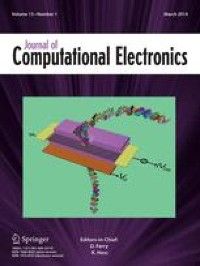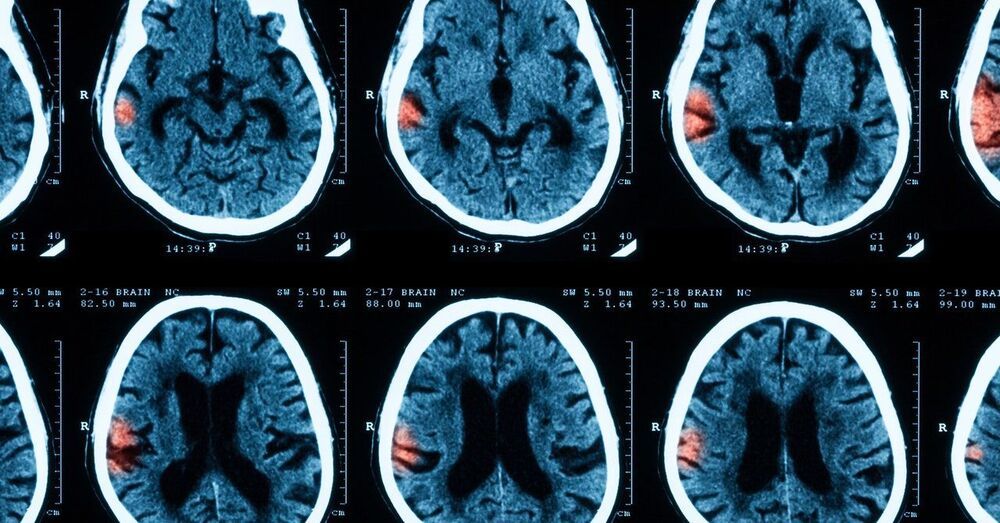Researchers have developed a new data transfer system that is 20 times faster than USB 3.0.
This combines high-frequency silicon chips with a polymer cable as thin as a strand of hair. The system could boost energy efficiency in data centres and lighten the loads of electronics-rich spacecraft. Researchers presented their breakthrough at the recent IEEE International Solid-State Circuits Conference, held virtually.
“There’s an explosion in the amount of information being shared between computer chips – cloud computing, the Internet, big data. And a lot of this happens over conventional copper wire,” says Jack Holloway, who led the research. Holloway completed his PhD in MIT’s Department of Electrical Engineering and Computer Science last year and currently works for Raytheon.








